French govt. threatens to break oil refineries blockade as strikers up the ante
The French government has threatened to intervene forcibly to break blockades of refineries and oil depots as workers demanding higher wages and better working conditions plan to extend their strike action.
The deadlock continued at several refineries across the country on Tuesday as the General Confederation of Labor (CGT), which represents labor forces at TotalEnergies and ExxonMobil's Esso France, and other unions renewed their strike call.
Hundreds of gas stations around France and particularly in the Paris region are running out of fuel after almost a third of the petrol stations had problems getting deliveries of fuel due to the weeks-long strike.
The strike, launched on Friday by French tanker drivers responsible for delivering fuel, gas, and chemical products, is over low wages and harsh working conditions amid a cost-of-living crisis in France.
On Tuesday, government spokesman Olivier Veran threatened to use force to end the blockades that have slashed petrol supplies across the country.
He told the RTL broadcaster that if strikers fail to reestablish access "immediately", the government will "step in" and "intervene to lift them".
He further said the government could then order the requisitioning of qualified personnel to end the petrol depot blockades.
France's Finance Minister Bruno Le Maire also threatened striking refinery workers with "requisition measures" if fuel depots were not "reopened quickly”.
The strike has mainly affected refineries and depots of the two major fuel distributors, TotalEnergies and Esso-ExxonMobil.
The industrial action is staged at a time of high energy prices that have caused rising inflation and a cost of living crisis in the European country.
French President Emmanuel Macron on Monday called for putting a quick end to the persisting crisis as his government faces increasing pressure to act.
“Negotiations are underway and on track...I hope that in the coming hours, the soonest, this can be resolved. Blocking is not a way to negotiate,” he said during a visit to the Mayenne in western France.
The oil strikes have put added pressure on Macron, whose government is already facing discontent among the public over inflation and higher cost of living.
It comes as Europe has been grappling with a severe energy crisis since the start of Russia's military operation in Ukraine on February 24.
Russia launched the military operation in the former Soviet republic following Kiev’s failure to implement the terms of the 2014 Minsk agreements and Moscow’s recognition of the breakaway regions of Donetsk and Luhansk.
At the time, Russian President Vladimir Putin said one of the goals of what he called a “special military operation” was to “de-Nazify” Ukraine.
The United States and its European allies have imposed waves of economic sanctions against Moscow while supplying large consignments of heavy weaponry to Kiev despite Russian warnings.
Moscow has been critical of weapons supplies to Kiev by Washington and its Western allies, warning it will only prolong the conflict.
The war in Ukraine and sanctions on Russia have fueled a rapidly worsening energy crunch on the European continent, sparking worries ahead of the winter.
Russia has cut off most gas shipments to Europe, which has for long relied heavily on Russian energy supplies, exposing the euro-zone countries to the economic fallout from the war more than other major global economies.
Alawite women abducted and raped, others sold by Jolani's men: Report
Iran, China, Russia hold trilateral talks on Geneva nuclear negotiations
VIDEO | Protests and skepticism greet Trump’s Board of Peace
Envoy to UN: Iran will ‘decisively’ defend itself against aggression
VIDEO | Press TV's news headlines
VIDEO | Muslims across India begin holy month of Ramadan
Hamas condemns Trump's 'Board of Peace' meeting
Iran and Saudi FMs discuss outcomes of latest indirect Iran-US talks


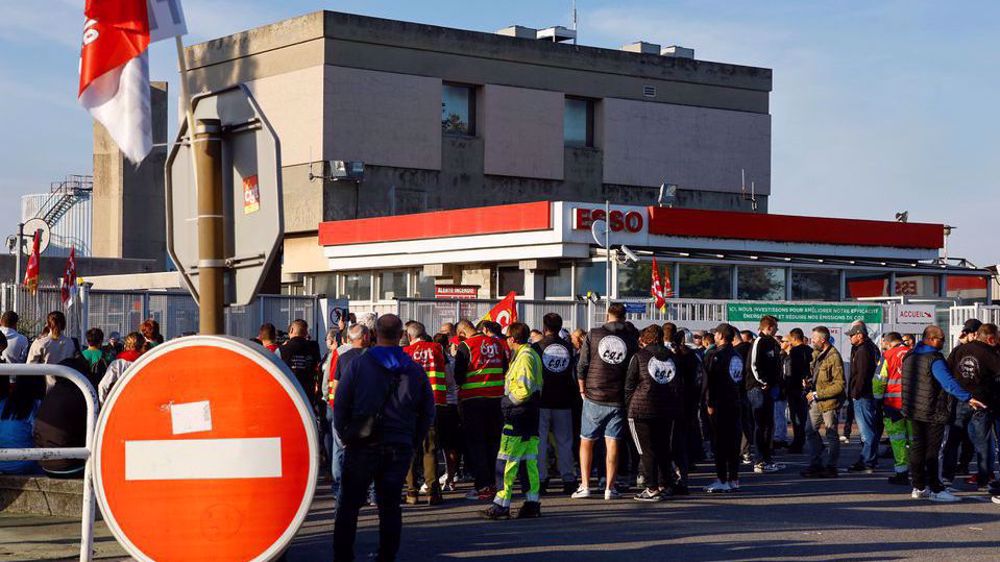
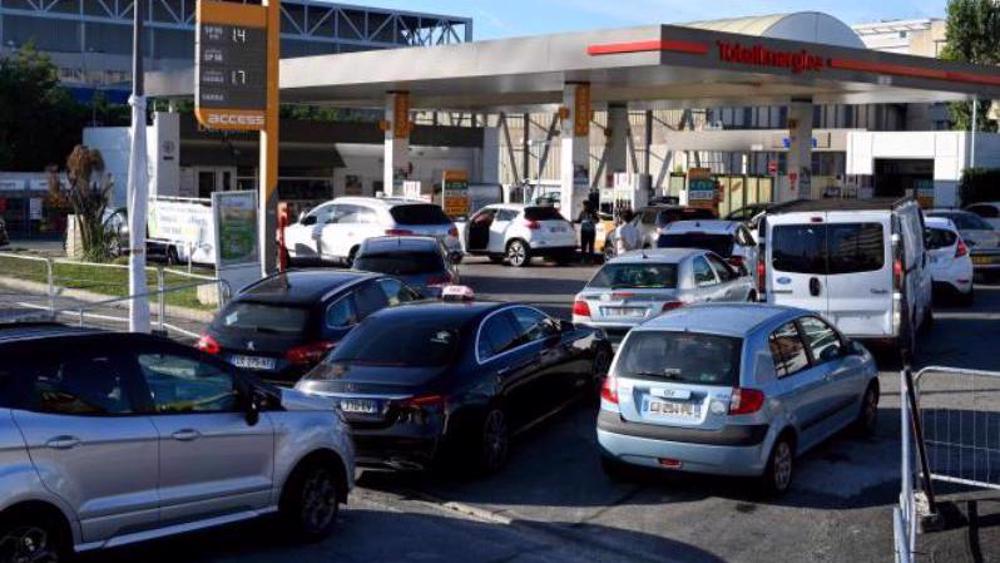
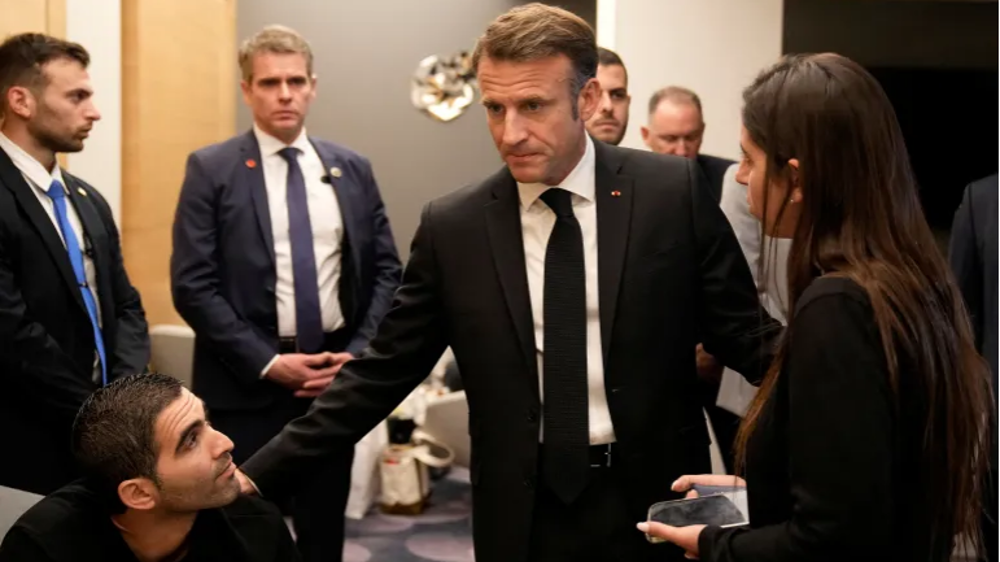





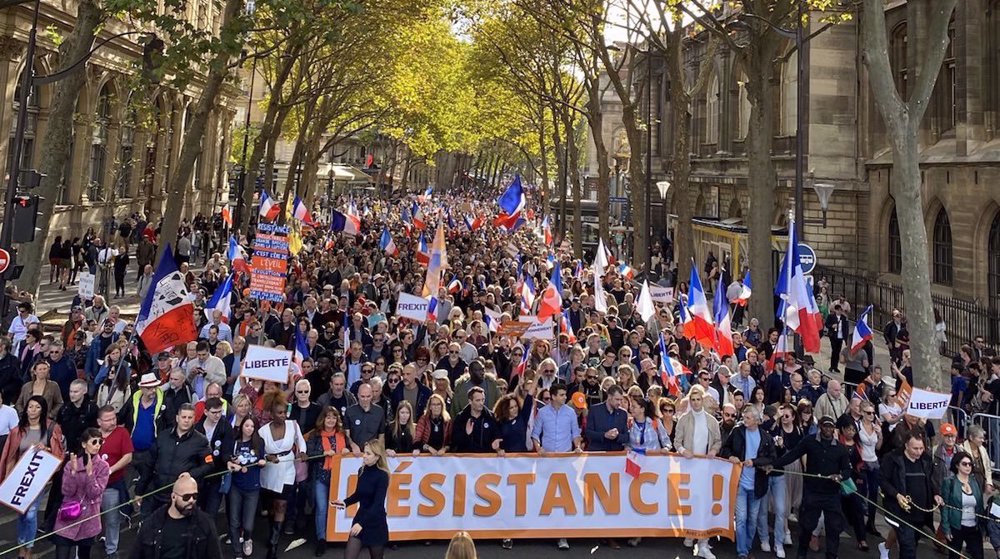
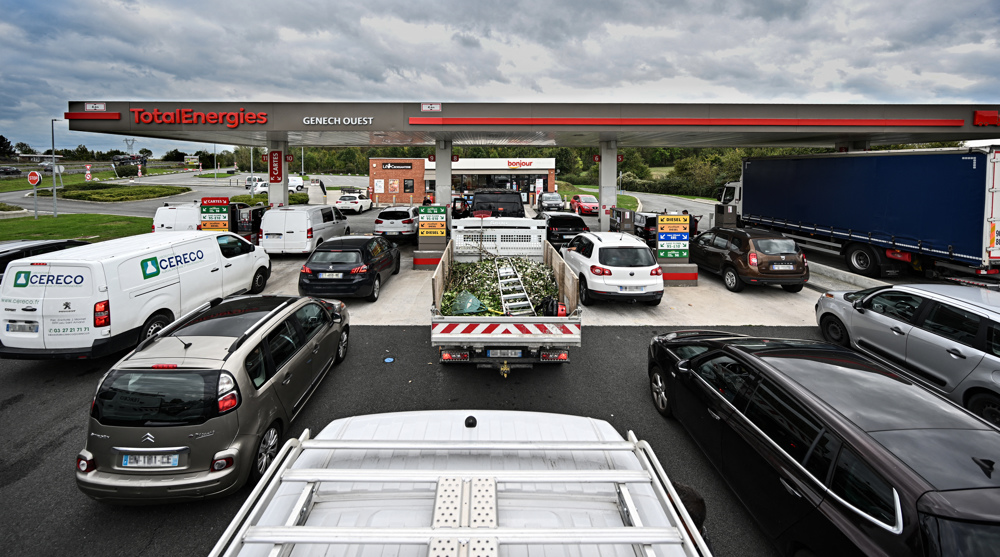

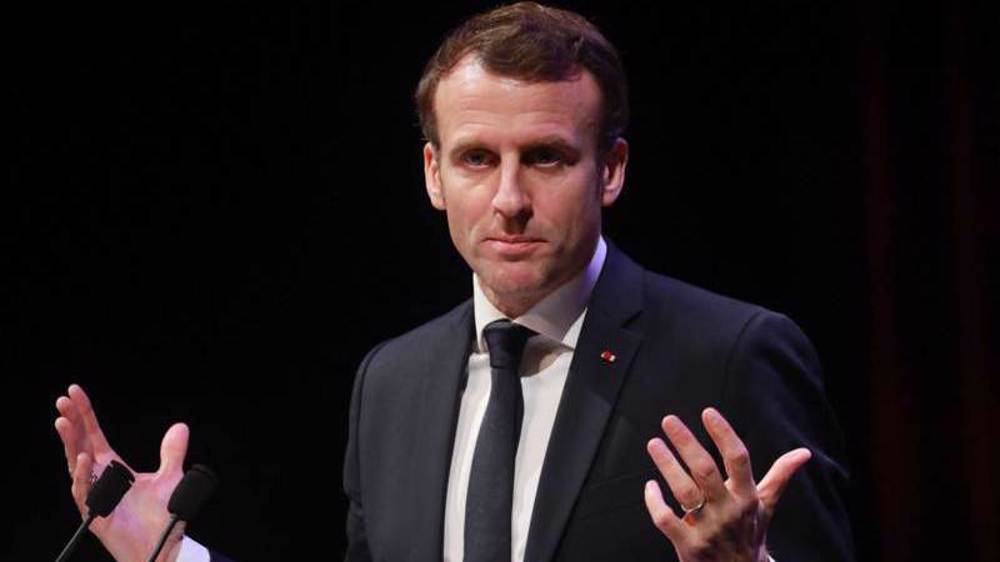
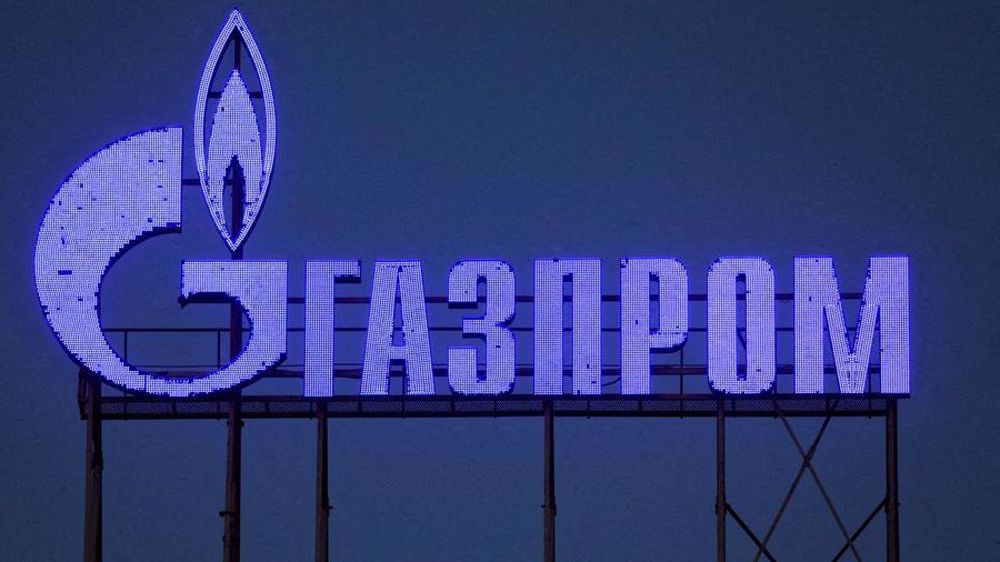

 This makes it easy to access the Press TV website
This makes it easy to access the Press TV website